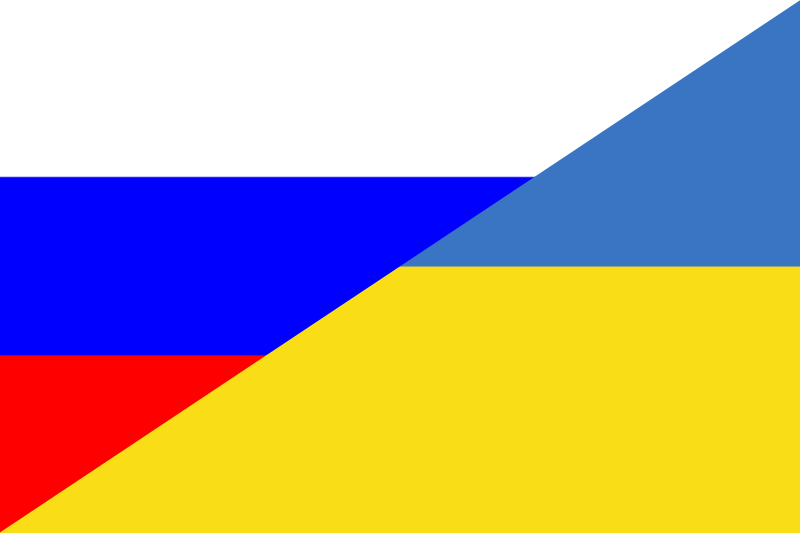In 2019 I was invited to Lithuania to speak at the Annual Conference of the Baltic Institute of Corporate Governance (BICG)
My hosts presented me with chocolates made by a company whose history goes back 100 years. ‘So’ I asked ‘Was this one of the companies which were nationalised when the Russians invaded in 1940?’
‘Not just nationalised’ explained BICG’s President, Rytis Ambrazevičius. Anyone who had owned or run a business got a knock on the door from the NKVD, the secret police. They were given five minutes to pack before being transported to Siberia. Many did not survive Siberia. It wasn’t just entrepreneurs. Anyone associated with the intelligentsia, with culture or education received the same treatment. About 300,000 were sent to gulags in Siberia or thrown in prison. Only one third came back.
Then came Hitler. The suffering of Lithuania went on. After World War II the Russians ‘liberated ‘ Lithuania from the Germans and reabsorbed it into the USSR. So things continued until independence after the fall of the Berlin Wall.
Stalin and Hitler came and went, but the chocolate maker began again. (Ironically Siberian exile would have saved many Jews who would have been liquidated when Hitler arrived).
Lithuanians have always lived under the shadow of their neighbours. The Belarusian border is 60 kilometres from Vilnius. People I talked to in 2019 were only too well aware of western Georgia eastern Ukraine and the Crimea. Imagine their anxieties today.
I learned about people who had started to trade with Russia, then built up successful businesses with partners who, in time, revealed themselves to be acting as an extension of Russian intelligence. All over Eastern Europe – in Serbia, in Hungary, in Croatia, there was Russian money and Russian lobbying and influence permeating democratic politics.
This made me question the conclusions of the 2007 report on which Tomorrow’s Company worked in partnership with leaders of global business and civil society organisations:
‘The survival and success of tomorrow’s global company is bound up with the health of a complex global system….There are major issues which the market and political systems have not resolved, particularly climate change, areas of persistent poverty and human rights…Global companies can be a force for good and are uniquely placed to deliver the practical solutions that are urgently required…. retaining the support of customers and shareholders…they can build stronger and more constructive relationships with government and civil society.’
That was 2007. A year before the 2008 financial crash. 15 years before 2022, when BP had to drop their long sponsorship of the National Portrait Gallery in the face of global warming protests. 2022, when it was told by the UK government that it must sell its 20% stake in Russia’s Rosneft.
I one had assumed the world was getting more peaceful as it became more globally connected. As I flew out to Bangalore in 2006 to meet Nandan Nilekani, the CEO of Infosys and – with John Manzoni of BP – the co-chair of the inquiry, I was reading ‘The Lexus and the Olive Tree’ by journalist Thomas Friedman. Friedman declared that
‘Globalization is not simply a trend or fad but is, rather, an international system. It is the system that has replaced the old Cold War system, and, like that Cold War System, globalization has its own rules and logic that today directly or indirectly influence the politics, environment, geopolitics and economics of virtually every country in the world.’
Friedman claimed that no two countries that both had McDonald’s had fought a war against each other. The US invasion of Panama soon refuted that hypothesis. Friedman continued to argue that countries that have made strong economic ties with one another have too much to lose to go to war.
Can we still say that globalisation is an international system? Or that global companies are uniquely placed to deliver the practical solutions urgently required by society?
Or is 2022 the watershed moment from which the business world beats a retreat into greater insularity? This is a question which every board will need to examine.
We can no longer say that globalisation describes a single system of which all countries are a part. We now have a patchwork of countries and companies, many but not all of them willing to respect and play by international rules.
That system is now made insecure by the territorial ambitions of some countries, by increasing shortages of water and other essentials, by the hijacking of traditional democracies and their legal systems by populist politicians, and by pervasive corruption that links the worlds of crime, politics and business.
And yet… Governments, businesses and NGOs still need to work together on the emerging challenges and choices:
How to stop businesses exercising too much power over governments – and vice versa.
How to find and root out corruption and dirty money.
How to uphold the importance of the long term in the face of short term volatility
How to make our organisations resilient in the face of military or climatic interruptions. (Is it time to favour the local, the decentralised, the self-managed? )
How to deal with our extreme digital dependence and
How to make contingency arrangements for dealing with invasion, blackmail, cyber attack, fire, flood and QAnon
And how to help strengthen companies in countries like Lithuania and Ukraine so that they grow to be a force for good in their economies.
We need to do more than defend these countries. We need to help them grow a company sector which can be a cornerstone of their fragile democracies.
Mark Goyder is Founder of Tomorrow’s Company and Senior Advisor to the Board Intelligence Think Tank. He is the author, with Ong Boon Hwee, of Entrusted – Stewardship for Responsible Wealth Creation, published by World Scientific in 2020.
